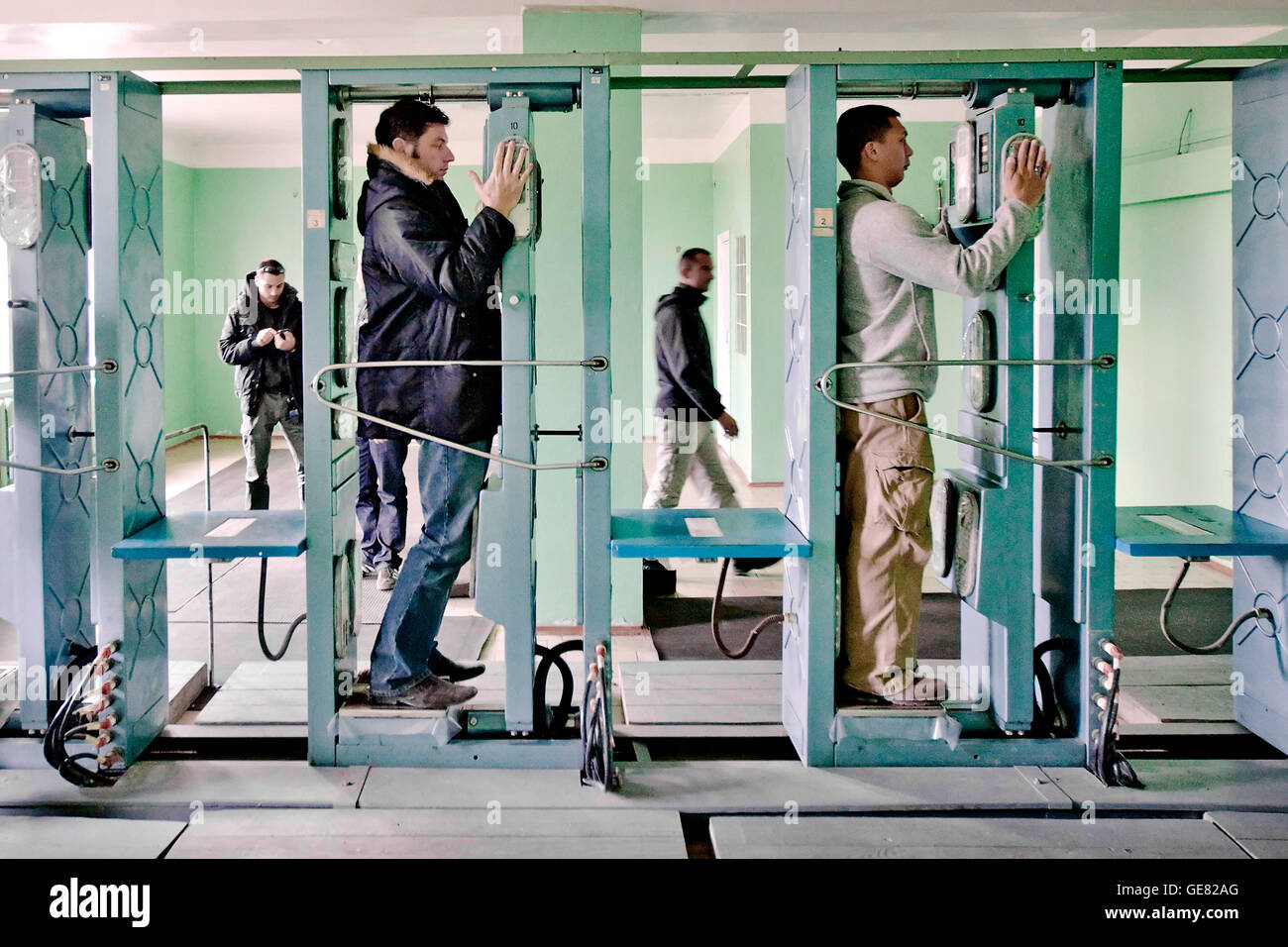
 Gamma surveys are used when one needs an extended energy range such as establishing hot and warm zones.
Gamma surveys are used when one needs an extended energy range such as establishing hot and warm zones. 
They continuously monitor radiation exposure in any nuclear or radiological emergency and display Gamma count rate, dose rate, accumulated dose, remaining stay time, and peak dose and count rate values.
Basic Survey Meters are lightweight personal radiation detectors that are used when the direction or location of the source of radiation is unknown or all around the person. Some examples of personal radiation detectors that go beyond Geiger counter capabilities are: Intrinsically safe options are available for users that may operate them in explosive environments. Variations include units that can monitor dose rate, stay time, and peak values. They also feature different types of interfaces and a catalog of optional accessories for wireless reachback, rechargeable batteries, and extension poles to maintain good ALARA principles. These lightweight instruments offer an improved range of detection of multiple types of ionizing radiation, even in the same unit – alpha, beta, x-rays, and gamma. Personal radiation detectors offer the functionality of traditional Geiger counters, while delivering features not available in traditional Geiger counters. The instruments can quickly pinpoint the location of radioactive sources easily, allowing the wearer to respond to the exact location of a threat. They are worn on the person and provide radiation detection in the immediate area around the wearer. However, p ersonal radiation detectors detect and localize radiation sources generated by manmade devices such as nuclear weapons, improvised nuclear devices (INDs) or radiological dispersal devices (RDDs. The United States Nuclear Regulatory Commission (USNRC) explains how these instruments work on its “ What is a Geiger Counter” page. Geiger counters can tell you there is radiation around you, but it can’t tell you the original source of the radiation, what type it is or how much energy it contains. A Geiger counter - named after Hans Geiger, a German scientist from the early 1900s who worked on detecting radiation - is an instrument that can detect radiation.








